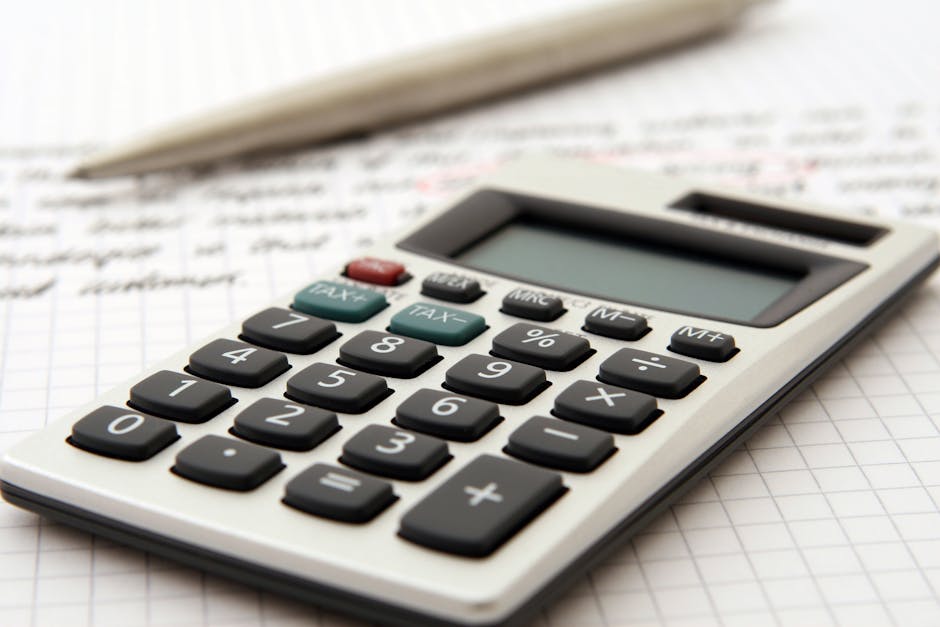-
Lot Size
-
Home Size2,642 sqft
-
Beds4 Beds
-
Baths3 Baths
-
Year Built2012
-
Days on Market26
Things to Know if You Want to Prepay Property Taxes
- Neighborhoods and News
- December 29, 2017

We all know what Ben Franklin had to say about the certainty of “death and taxes,” and many homeowners are zeroing in on property tax–particularly prepaying–as a way to maximize deductions. However, it may not be the best course of action for everyone. If you’re weighing your options on prepaying or not, here’s what you need to know as we head into the tax season.
Has Your Home Already Been Assessed?
Some homeowners make the big mistake of trying to prepay their property taxes when it hasn’t been assessed yet. The IRS stands firm that prepaid property taxes are deductible only if based on an officially assessed tax bill. If uncertain, check with your local tax office to see that your home has already been assessed.
Have you already received an official bill in the mail? Then you might be eligible to claim the deductible and make the prepayment–if not, making a payment may not guarantee getting the deductible. Confused? Contact your financial advisor or CPA for further tips and guidance.
Know About the AMT
The Alternative Minimum Tax (AMT) is set up to prevent people in higher income brackets from using multiple deductions to lower their taxes. If you’re looking to prepay property taxes on your home, make sure you wouldn’t become eligible to pay the AMT instead.
If prepaying your property taxes causes your federal tax deductions to increase, you may hit the limit that would require you to pay the AMT–and if you’ll be paying the AMT anyway, prepaying your property taxes is sort of pointless. Try using an AMT calculator for a preliminary look, or call a tax professional to see if prepaying is worth it for you.
Does Your State and Local Tax (SALT) Bill Exceed the $10K Cap?
With the Tax Cuts and Jobs Act (TCJA), the state and local taxes (SALT) deduction is capped at $10,000 for both individuals and married couples filing jointly, meaning if your property tax total and local/state income taxes are above the cap, prepaying extra property taxes won’t increase your deduction.
Example: Mr. Johnson, Homeowner
State Income Tax $6,700
(Current) Property Tax $5,500
Total $12,200
Given that the SALT deduction caps at $10,000, Mr. Johnson won’t be able to deduct the additional $2,200, so prepaying makes no difference, since there’s no extra tax benefits to be had.
Standard Deduction vs. Itemizing–Which is Best?
For the 2024 tax year, standard deductions are now:
- $14,600 for single filers and married people filing separately
- $29,200 for married couples filing jointly
- $21,900 for heads of households
Basically, if your property taxes and total itemized deductions are less than the standard deductions, itemizing won’t benefit you. However, if total itemized deductions do exceed standard deductions, prepaying property taxes won’t yield any additional tax savings, so it’s worth looking into.
Contact Your Mortgage Lender
If you’re paying property taxes with an escrow account via your mortgage lender, prepaying on your own could possibly throw in an unnecessary monkey wrench, and you could even make double payments.
Be certain to check in with your lender to verify if funds have already been set aside and ask if they allow you to prepay, or whether your escrow payments can be adjusted. In short, your lender may have already scheduled payments, and making one yourself would risk overpaying, on top of just being a general hassle.
Try Consulting With a Tax Pro First
Prepaying your property taxes can potentially be a wise financial maneuver–but if it doesn’t really benefit your particular tax situation, it could prove to be more detrimental. Taxes are notoriously confusing and complex, so talk to your personal CPA or other tax expert first to make certain you’re making the best choice.
To learn more about how to prepay your taxes, visit Realtor.com for similar articles, and reach out to a tax pro to ensure you’ll get the maximum out of your tax savings this year.





